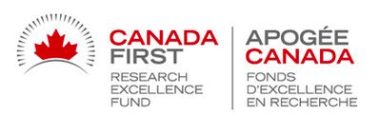Large Language Models and Transformers
Introduction
Registration is now open! This thematic semester will take place in Berkeley, California. We encourage interested researchers from across the Canadian AI ecosystem to participate in these workshops (either virtually or in person) to build collaborations and engage in these prescient discussions. A limited number of travel grants are available. Apply for funding as soon as possible.
IVADO invites you to Berkeley, California, to take part in a thematic semester organized in collaboration with the Simons Institute for the Theory of Computing. This program’s overarching goal is to try to understand the ongoing revolution in transformers and large language models (LLMs) through a wide lens. This thematic semester, featuring three collaborative workshops starting in February 2025, will offer a unique opportunity to collaborate and deepen exchanges with world-renowned experts, in a relaxed setting that facilitates discussion, debate, and intellectual cross-pollination.
At a conceptual level, LLMs profoundly change the landscape for theories of human language, of the brain and computation, and of the nature of human intelligence. In linguistics, they provide a new way to think about grammar, semantics, and conceptual representation. In neuroscience, vector models provide a new approach to computational models of the brain. In cognitive science, they challenge our notions of what are the essential elements of human intelligence.
This program will explore very concrete questions about transformers as models of computation. This includes algorithmic ideas to reduce the complexity of training to nearly linear in the length of the input, as well as scaling laws studying how cross-entropy loss scales with model size, data set size, and amount of compute. The program will also explore how scaling laws might help in understanding high-level outcomes such as the emergence of complex skills in LLM models.
At a practical level, it is clear that LLMs will have a profound impact on human society, and issues of alignment, trust, and security will play a central role. Alignment refers to the gap between complex human values and the mechanisms that drive AI decision-making. Related issues include trustworthiness (how do we know the model will do what it’s intended to?), interpretability (can we identify with certainty why a machine learning algorithm delivers a specific answer?), safety (can we safeguard against destructive actions by ML algorithms or humans using them?), security (can we protect data and systems from adversaries?), and fairness (can we safeguard against bias?). The legal and regulatory dimension of technological developments in AI, as well as its practical interaction with the capabilities and design of large language models, will be another key area of inquiry.
This thematic semester is the second part of a special one-year program on large language models and transformers, spanning the 2024-2025 academic year and launched at the Simons Institute for the Theory of Computing.
The three workshops scheduled for spring 2025 will take place on the Simons Institute campus in California, and will highlight the collaborative efforts between the two institutions. As Co-organizer of the Thematic Semester, IVADO is supporting the travel of Canadian-based researchers to attend and participate in the following workshops:
- LLMs, Cognitive Science, Linguistics, and Neuroscience (Monday, Feb. 3 – Friday, Feb. 7, 2025)
- The Future of Language Models and Transformers (Monday, March 31 – Friday, April 4, 2025)
- Safety-guaranteed LLMs (Monday, April 14 – Friday, April 18, 2025)
Organizers
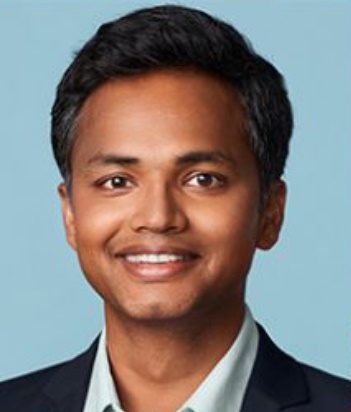
>Assistant Professor
McGill University
School of Computer Science and Department of Linguistics
Siva Reddy is an Assistant Professor in the School of Computer Science and Linguistics at McGill University. He is also a Facebook CIFAR AI Chair, a core faculty member of the Mila Quebec AI Institute, and a research scientist at ServiceNow Research. His research focuses on representation learning for language that facilitates reasoning, conversational modeling, and safety. He received the 2020 VentureBeat AI Innovation Award in NLP and a Best Paper Award at EMNLP 2021. Before joining McGill, he was a postdoctoral researcher at Stanford University and a Google PhD Fellow at the University of Edinburgh.
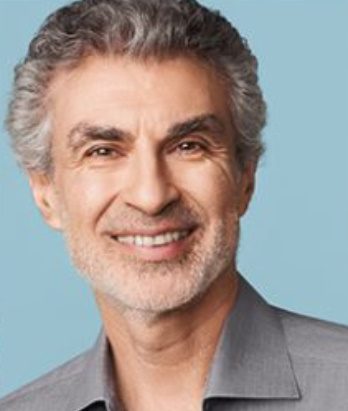
Full Professor
Université de Montréal
Department of Computer Science and Operations Research
Recognized worldwide as one of the leading experts in artificial intelligence, Yoshua Bengio is most known for his pioneering work in deep learning, earning him the 2018 A.M. Turing Award, “the Nobel Prize of Computing,” with Geoffrey Hinton and Yann LeCun.
He is Full Professor at Université de Montréal, and the Founder and Scientific Director of Mila – Quebec AI Institute. He co-directs the CIFAR Learning in Machines & Brains program as Senior Fellow and acts as Scientific Director of IVADO.
In 2019, he was awarded the prestigious Killam Prize and in 2022, became the computer scientist with the highest impact in the world as measured by h-index. He is a Fellow of both the Royal Society of London and Canada, Knight of the Legion of Honor of France, Officer of the Order of Canada, Member of the UN’s Scientific Advisory Board for Independent Advice on Breakthroughs in Science and Technology since 2023 and a Canada CIFAR AI Chair.
Concerned about the social impact of AI, he actively contributed to the Montreal Declaration for the Responsible Development of Artificial Intelligence.
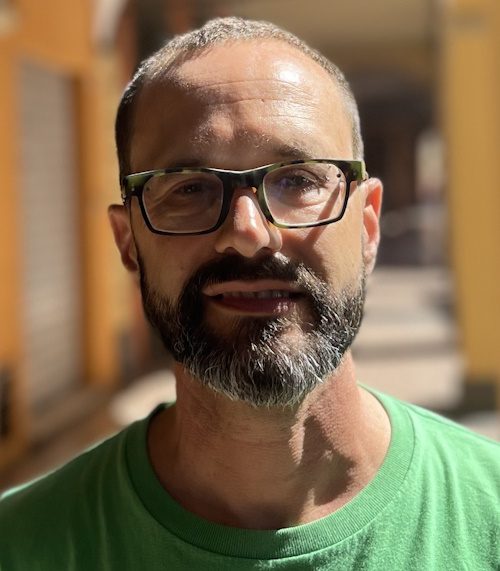
Professor
Harvard University
Boaz Barak is the Gordon McKay professor of Computer Science at Harvard University’s John A. Paulson school of Engineering and Applied Sciences. His research interests include all areas of theoretical computer science and in particular cryptography and computational complexity. Previously, he was a principal researcher at Microsoft Research New England, and before that an associate professor (with tenure) at Princeton University’s computer science department. Barak has won the ACM dissertation award, the Packard and Sloan fellowships, and was also selected for Foreign Policy magazine’s list of 100 leading global thinkers for 2014. He serves on the editorial boards of several journals and is also a member of the Committee for the Advancement of Theoretical Computer Science and the board of trustees of the Computational Complexity Foundation. He wrote with Sanjeev Arora the textbook “Computational Complexity: A Modern Approach”.
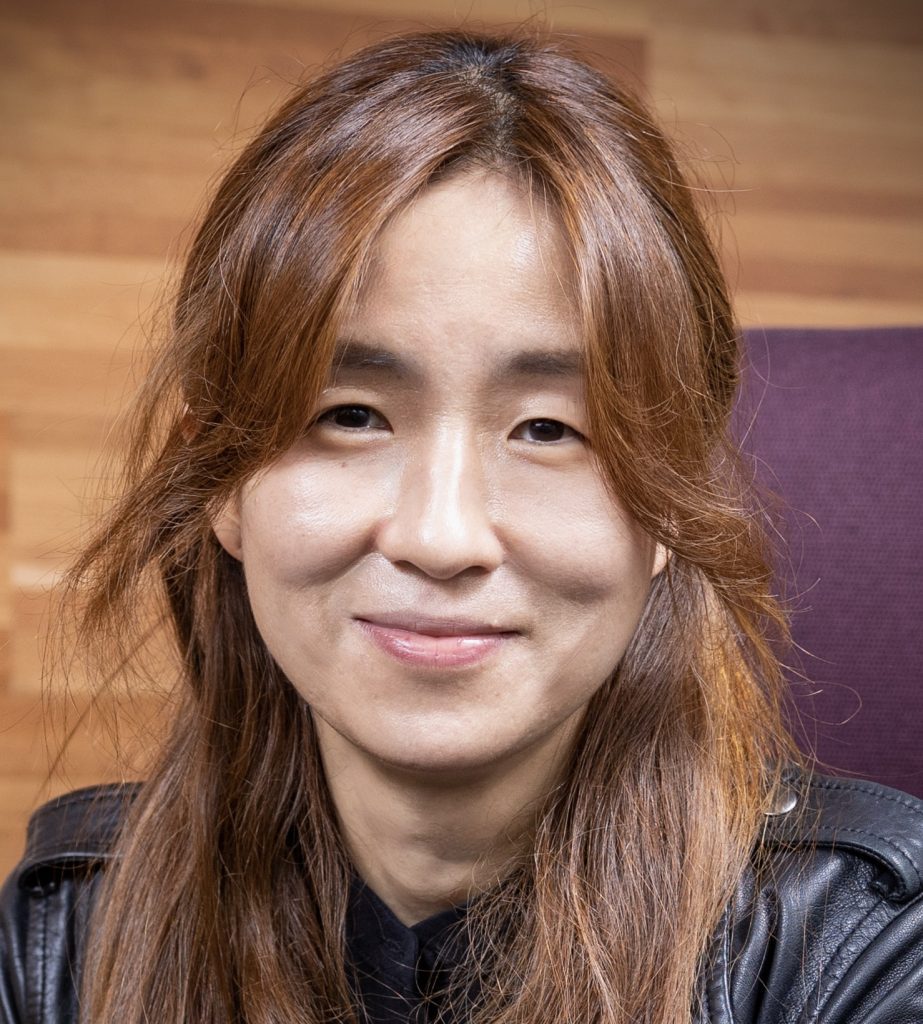
Senior Director
Nvidia
Yejin Choi is Wissner-Slivka Professor and a MacArthur Fellow at the Paul G. Allen School of Computer Science & Engineering at the University of Washington. She is also a senior director at AI2 overseeing the project Mosaic and a Distinguished Research Fellow at the Institute for Ethics in AI at the University of Oxford. Her research investigates if (and how) AI systems can learn commonsense knowledge and reasoning, if machines can (and should) learn moral reasoning, and various other problems in NLP, AI, and Vision including neuro-symbolic integration, language grounding with vision and interactions, and AI for social good. She is a co-recipient of 2 Test of Time Awards (at ACL 2021 and ICCV 2021), 8 Best/Outstanding Paper Awards (at ACL 2023, EMNLP 2023, NAACL 2022, ICML 2022, NeurIPS 2021, AAAI 2019, and ICCV 2013), the Borg Early Career Award (BECA) in 2018, the inaugural Alexa Prize Challenge in 2017, and IEEE AI’s 10 to Watch in 2016.
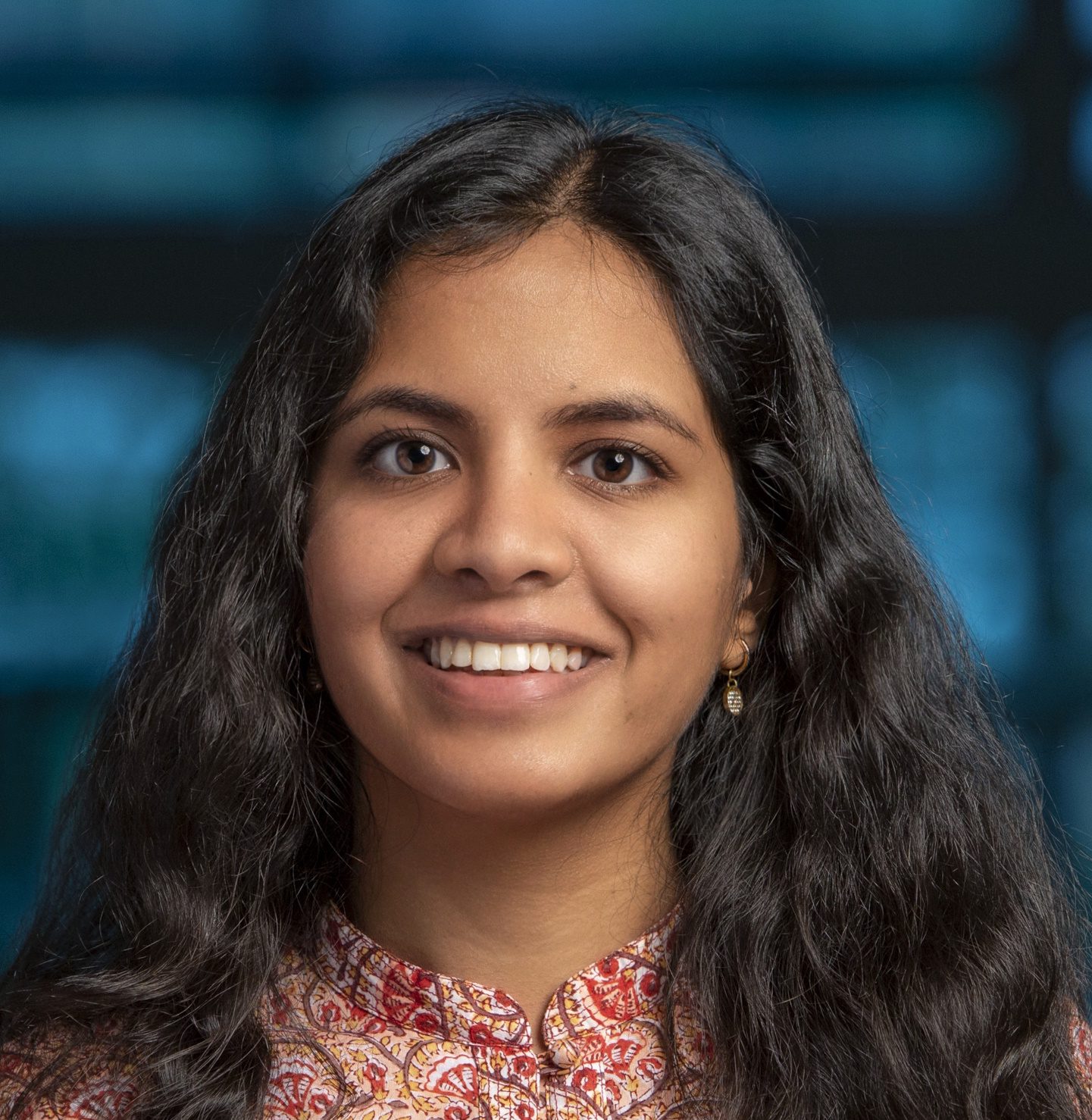
Assistant Professor
University of Pennsylvania
Surbhi Goel is the Magerman Term Assistant Professor of Computer and Information Science at University of Pennsylvania. Her research interests lie at the intersection of theoretical computer science and machine learning, with a focus on developing theoretical foundations for modern machine learning paradigms. Previously, she was a postdoctoral researcher at Microsoft Research NYC in the Machine Learning group. She received her Ph.D. in Computer Science from the University of Texas at Austin, where she was advised by Adam Klivans. Among her honors are the Bert Kay Dissertation award, a JP Morgan AI Fellowship, and a Simons-Berkeley Research Fellowship. She is also the co-founder of Learning Theory Alliance (LeT-All), a community building and mentorship initiative for the learning theory community.
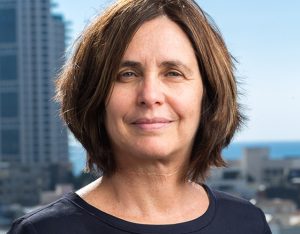
Research Director for Resilience Research Pod
Simons Institute
UC Berkeley
Shafi Goldwasser is the Research Director for Resilience Research Pod at the Simons Institute for the Theory of Computing, and the C. Lester Hogan Professor in Electrical Engineering and Computer Sciences at UC Berkeley. She is also the RSA Professor of Electrical Engineering and Computer Science at MIT, and a professor of computer science and applied mathematics at the Weizmann Institute of Science in Israel. Goldwasser received a BS in applied mathematics from Carnegie Mellon University in 1979, and MS and PhD in computer science from UC Berkeley in 1984.
Goldwasser was the recipient of ACM Turing Award for 2012. She was also the recipient of the Gödel Prize in 1993 and another in 2001 for her work on interactive proofs and connections to approximation, and was awarded the ACM Grace Murray Hopper Award (1996), the RSA award in mathematics (1998), the ACM Athena award for women in computer science (2008), the Benjamin Franklin Medal in Computer and Cognitive Science (2010), the IEEE Emanuel R. Piore Award (2011), the Barnard College Medal of Distinction (2016), and the Suffrage Science Award (2016). She is a member of the AAAS, ACM, NAE, NAS, Israeli Academy of Science, London Mathematical Society, and Russian Academy of Science.
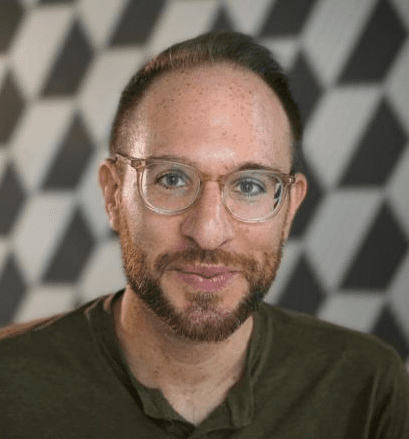
Associate Professor
Cornell University
Alexander “Sasha” Rush is an Associate Professor at Cornell Tech. His work is at the intersection of natural language processing and generative modeling with applications in text generation, efficient inference, and controllability. He has written several popular open-source software projects supporting NLP research and data science, and works part-time as a researcher at Hugging Face. He is past Secretary and General Chair of ICLR and a founder and president of COLM. His work has received paper and demo awards at major NLP, visualization, and hardware conferences, an NSF Career Award, and a Sloan Fellowship. He tweets and blogs, mostly about coding and ML, at @srush_nlp.
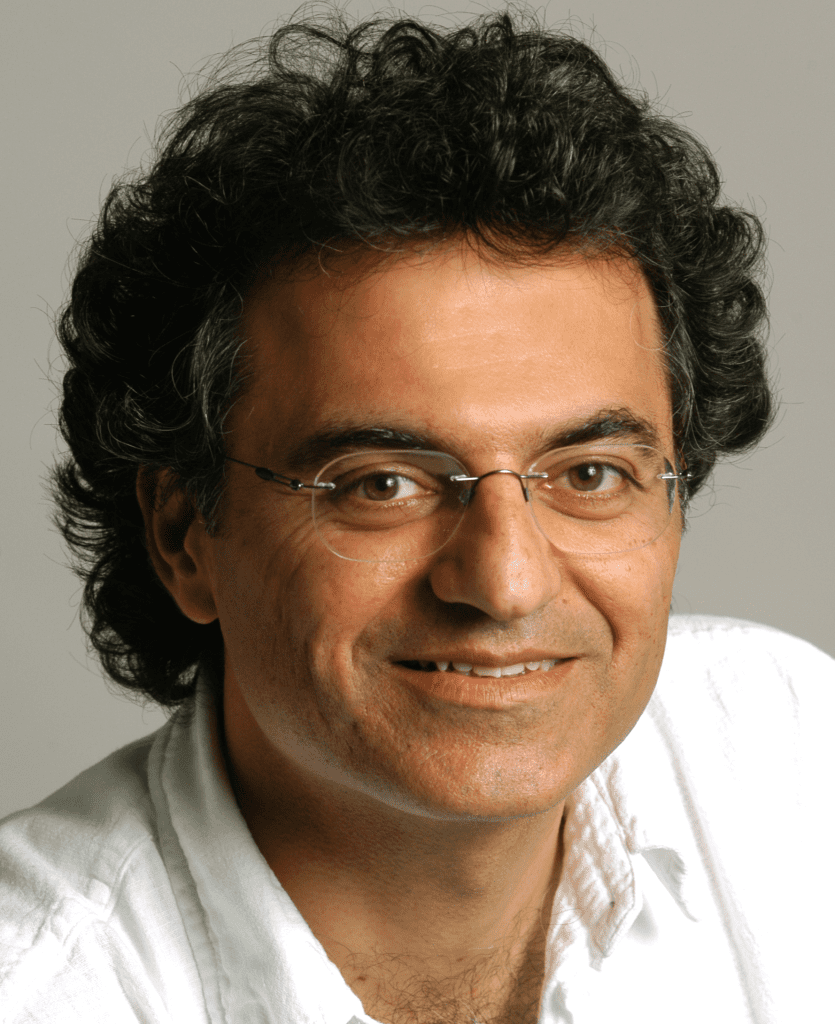
Research Director for Quantum Computing
Simons Institute
UC Berkeley
Umesh V. Vazirani is a Research Director for Quantum Computing Simons Institute, and the Roger A. Strauch Professor of Electrical Engineering and Computer Science at the University of California, Berkeley, and the director of the Berkeley Quantum Computation Center. He received his BTech in Computer Science from MIT in 1981 and his PhD in Computer Science from Berkeley in 1985. Vazirani’s research interests include computational learning theory, combinatorial algorithms, computational complexity theory and quantum computing. He received the 2012 Fulkerson Prize (with Sanjeev Arora and Satish Rao) for his work on approximation algorithms for sparsest cut.
Workshops
LLMs, Cognitive Science, Linguistics, and Neuroscience
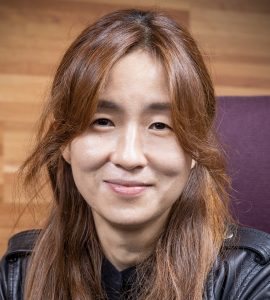
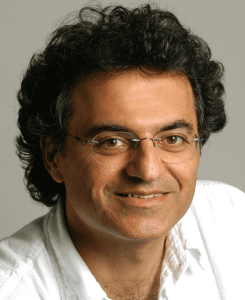
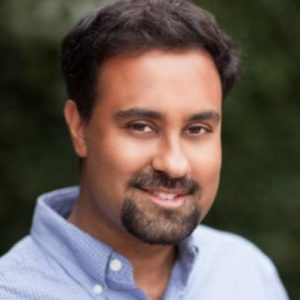
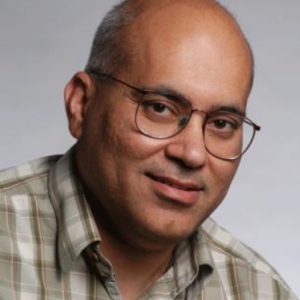
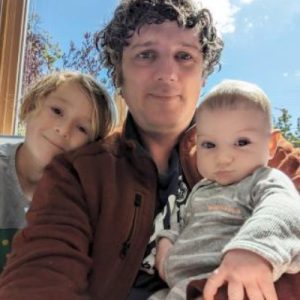
The Future of Language Models and Transformers
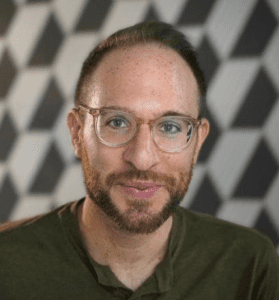
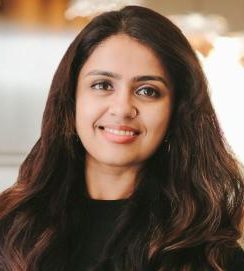
Safety-Guaranteed LLMs
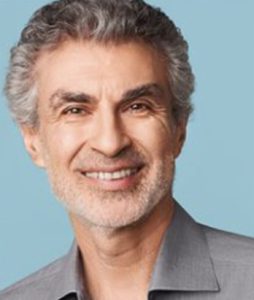
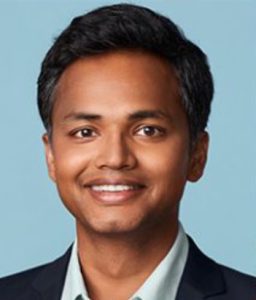


Registration
Please submit the registration form below to register for the thematic semester workshops on “Large Language Models and Transformers” organized in Spring 2025 by IVADO and the Simons Institute for the Theory of computing. These workshops will be held in California, USA.
In person attendance :
IVADO is offering travel grants of $3000 CAD per workshop, with priority given to PhD students, post-doctoral researchers and early-career researchers wishing to travel to California to attend the workshops in person. This initiative aims to support the participation of those who wish to benefit from this opportunity to exchange ideas with renowned experts and other peers in the field.
It is strongly advised to submit your application as soon as possible, as the number of scholarships available is limited. To apply for the travel grant, register for the activities via the form below, then submit a grant application by clicking here.
Please note that in the case of in-person attendance, space will be limited. Seating in our workshops is on a first come, first served basis. In the event the auditorium becomes full, we will open up our overflow room for attendees to view the workshop livestream.
Online attendance :
The workshop playlist URL will be emailed to registered participants. This URL can be used for immediate access to the livestream and recorded talks. Please do not share the playlist URL until talk recordings have been made publicly available on SimonsTV, about 12-15 days after the workshop.
Registration:
Please note: the Simons Institute regularly captures photos and video of activity around the Institute for use in videos, publications, and promotional materials. Content produced as part of this thematic semester could also be used by IVADO.
Questions? Contact IVADO here or Simons Institute Events Staff at simonsevents@berkeley.edu.
If you require specific accommodation, please contact our access coordinator at simonsevents@berkeley.edu with as much advance notice as possible.
Travel grants
IVADO is offering travel grants to attend the proposed workshops, which will be held in California, USA, on the campus of the Simons Institute for the Theory of computing. Priority is given to doctoral students, post-doctoral researchers and early-career researchers who wish to attend one of the three California workshops in person. This opportunity aims to support the engagement of those eager to directly exchange with renowned experts and colleagues in the field.
IVADO will provide a travel grant of $3000 CAD per workshop to cover the cost of travel and accommodations.
The number of travel grants available is limited. To be eligible, we strongly recommend that you register for the workshop of your choice and apply for funding as soon as possible. Funding is granted based on eligibility and relevance of your application, and is available on a first come, first served basis, subject to the availability of funds.
All grants have been awarded for the Semester.
Please note that no funding request submissions will be accepted less than two weeks before the event. Make sure to complete your registration and funding request well before this deadline to maximize your chances of receiving support.
Selection Criteria:
- Active researcher in the field of NLP, LLM, and/or transformers, or a relevant related field;
- Currently employed or enrolled at a Canadian University;
- Doctoral student, postdoctoral researcher or early career researcher (priority criteria, but not excluding);
- Please note that you must submit a formal registration for the workshops to be considered for the travel grant.

